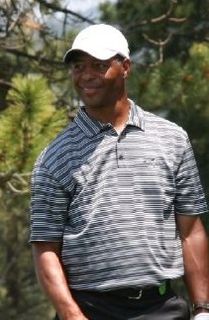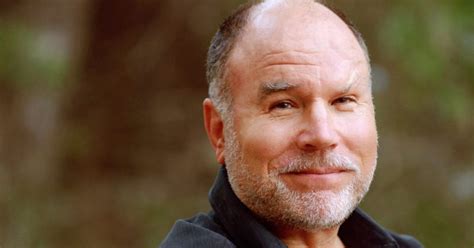A Quote by Ethan Hawke
I think that as soon as you think of yourself as a famous person or anything like that, you're objectifying yourself in some weird way.
Quote Topics
Related Quotes
I know I have this level of celebrity, of fame, international, national, whatever you want to call it, but it's a pretty surreal thing to think sometimes that you're in the middle of another famous person's life and you think to yourself, 'How the hell did I get famous? What is this some weird club that we're in?'
Not caring what people think about you is so much easier said than done and I think that it's easy to be in school and kind of compare yourself to everybody else, you might think that you're weird because some people don't like you or because you just dont feel like you belong in your own skin in your school and I think that it's important to realize that there's absolutely nothing wrong with you you're worth so much. As time progresses you'll see that and you have to learn to love yourself and accept yourself because its your skin
I think that when you make yourself vulnerable, the thing that you do next is better. It's not like you have to inflict pain on yourself in order to make yourself better, but I think it helps. The thing that bonds you to a new friend isn't that you went to a really fun party; it's 'cause you had a really weird, sad conversation.
If you don't connect yourself to your family and to the world in some fashion, through your job or whatever it is you do, you feel like you're disappearing, you feel like you're fading away, you know? I felt like that for a very very long time. Growing up, I felt like that a lot. I was just invisible; an invisible person. I think that feeling, wherever it appears, and I grew up around people who felt that way, it's an enormous source of pain; the struggle to make yourself felt and visible. To have some impact, and to create meaning for yourself, and for the people you come in touch with.
I think there are two sides of the coin. On one hand, it can be challenging to access different parts of yourself, and you kind of have to put yourself back into reality when you're done with the job. But I think it's also really cool to have the ability to try on being different people and to explore some parts of yourself because you get to know yourself better. You get to know parts of yourself that you haven't met before. I think that's something that I've been learning more recently.
As a storyteller, you have to have something to say. You have to look at the world, think about it in relationship to yourself, and say, 'I think this is a pattern,' or 'I think this is the way fatherhood works,' or 'I think this is the way first love feels.' The danger in that is, that's when you open yourself up to real critique.
I think there are some people who have taken on fame in extraordinary ways, like Madonna, David Bowie, and Michael Jackson. There are other people who have taken it on in a completely different way, like Prince - who is just as famous and has achieved just as much - but is still unbelievably mysterious, which I guess Bowie managed to hold as well. There are different ways of dealing with it, and for some people I think it becomes an art form of how you put yourself out there, and for other people it's literally a way of life, it's who you are, you act like a celebrity.
Sometimes they threaten you with something - something you can't stand up to, can't even think about. And then you say, Don't do it to me, do it to somebody else, do it to So-and-so. And perhaps you might pretend, afterwards, that it was only a trick and that you just said it to make them stop and didn't mean it. But that isn't true. At the time when it happens you do mean it. You think there's no other way of saving yourself, and you're quite ready to save yourself that way. You WANT it to happen to the other person. You don't give a damn what they suffer. All you care is yourself.
I've been joking that if Madonna taught us anything, you've got to reinvent yourself. I think it's important as a filmmaker, as any person working in the arts, that you've got to try new stuff and challenge yourself and take chances. I've tried to take a chance with every film I've done - I've never done it the easy way, and I think that's because that's what excites me, is making as big a mountain as I can in front of me, and just trying to mount it.



































